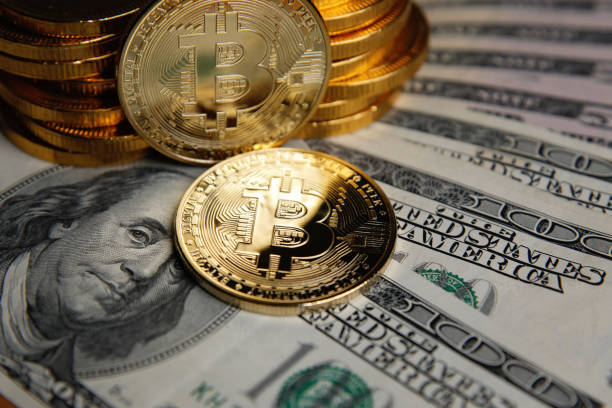The U.S. dollar, as measured by the DXY index, gained ground Friday afternoon, up about 0.5% to 103.11 amid risk-off mood, but was on track for a 0.7% drop on the week following the recent slump in U.S. Treasury yields, which was accelerated by the Fed’s dovish hike at its March meeting. On Wednesday, the Federal Reserve raised interest rates by 25 basis points, in line with expectations, but signaled that its hiking cycle may be coming to an end in response to nervousness over U.S. banks in the wake of the rapid and unexpected failure of two mid-sized regional lenders (SVB and SBNY). The turmoil in the banking sector that triggered tremors on Wall Street earlier this month is likely to lead to a credit crunch for households and businesses in the coming months, creating a meaningful disinflationary process. This will ease pressure on the central bank, limiting the need for overly restrictive policy. The economy does not yet reflect the real challenges that will result from significantly tighter lending standards, but the negative effects will soon be visible. Forward-looking markets recognize that liquidity will be squeezed by recent events and have therefore already begun to price in rate cuts for this year.

The Chart Below Shows How Federal Funds Futures Contracts.
for 2023 discount an interest rate of 3.96% in December. This implies several cuts in borrowing costs from current levels by the end of the year. While the Fed has pushed back against 2023 policy easing, its actions suggest that financial stability will be prioritized over the inflation battle, which is a slower-moving problem. In this context, it is just a matter of time before the Fed caves to “financial dominance” and pivots to a full-fledged dovish stance. Given that the Fed is seen reversing course soon and stands ready to act if necessary to contain systemic risks, the U.S. dollar is likely to remain on a depreciatory path. Granted, uncertainty remains high, but sentiment should stabilize soon, with the Fed and other U.S. authorities backstopping any fallout from the banking system at all costs. In terms of technical analysis, the U.S. dollar presents a negative bias after sharp losses since March 9, when prices were rejected by cluster resistance and descended below a long-term ascending trendline. With this backdrop, the path of least resistance appears to be lower, but to have conviction in the bearish narrative, a break below support at 102.00 is needed (50% Fibonacci retracement of the January 2021/September 2022 advance). If this scenario plays out, the focus shifts to February’s low. On the flip side, if bulls regain control of the market and push the DXY index higher, initial resistance comes at 104.00, followed by 104.60.

